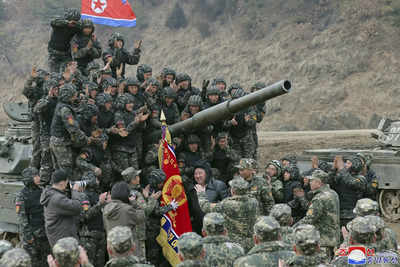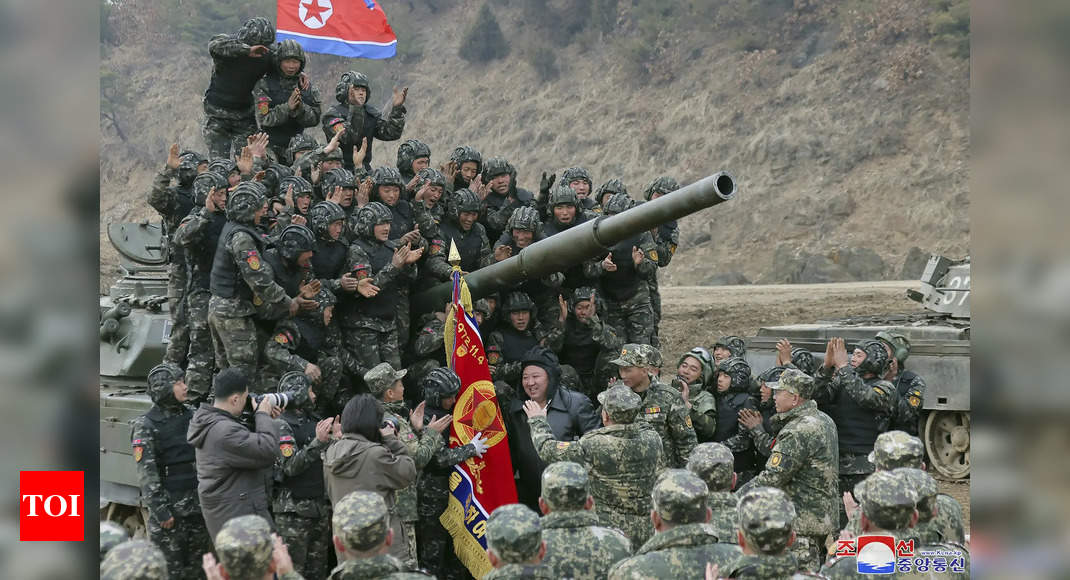
As the war in Ukraine stretches into its third year, a new and unexpected contingent has joined the fray: North Korean soldiers, deployed to support Russian forces in the embattled Kursk region. The decision to send troops abroad—a first for North Korea since the Korean War—has startled analysts, shifting attention to what drives these soldiers to fight, not for their homeland, but for a distant ally. What is it about the Kim regime’s iron grip that compels young men to risk everything for a foreign war? To understand this, one must delve into the layered motivations that go beyond simple allegiance to the supreme leader.
Driving the news
Why it matters
The motivations behind deployment
What they’re saying
Between the lines
Zoom in
Life in the North Korean military is marked by hardship. A World Food Program report states that around 45% of North Korea’s 26 million people are undernourished. Soldiers, despite their status, are not immune to these food shortages. Many subsist on rice mixed with corn, and meat is a rare luxury. For those deployed to Russia, the promise of more regular meals and a modest wage—around $2,000 a month, according to South Korean officials—provides substantial motivation. This figure dwarfs the average monthly income in North Korea, which is only a few dollars. Even though a large portion of this pay will go to the regime, the remainder still represents an opportunity for the soldiers and their families back home.
What’s next
(With inputs from agencies)
